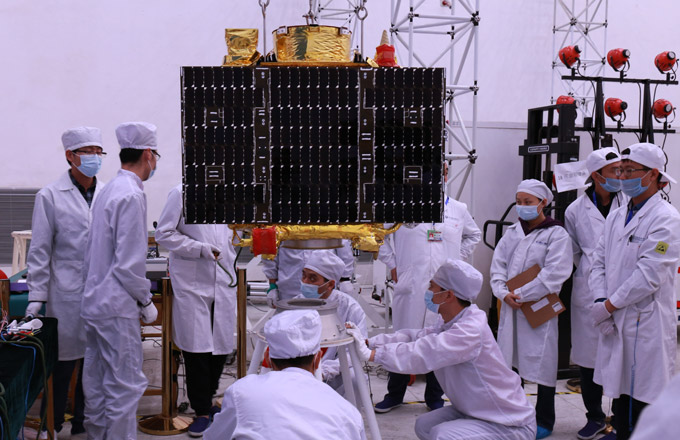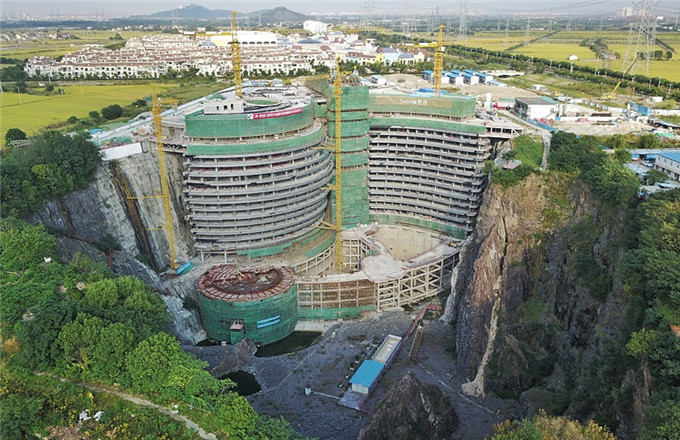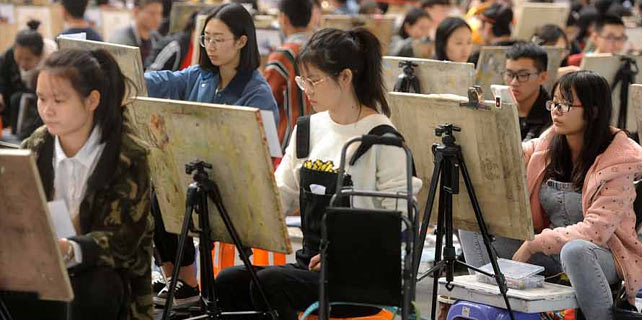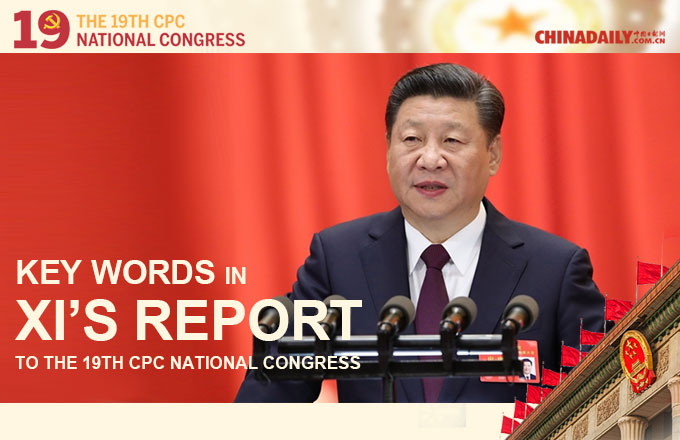Lancet restaurant gives medical professionals food for thought
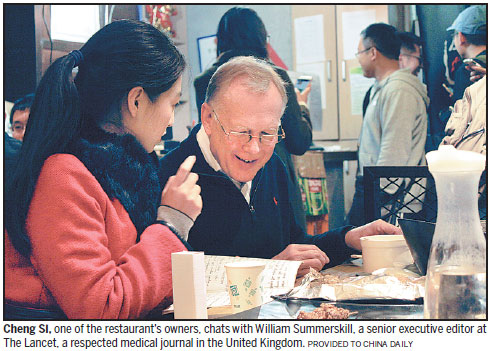
According to data released by the Ministry of Science and Technology, about 304,000 papers by Chinese authors were published in leading journals last year, while articles written by Chinese scientists have been increasingly cited in the past decade.
When Wang explained the promotion on WeChat, it quickly caused a buzz and attracted more than 100,000 views within an hour of being posted.
The best-liked response half-jokingly claimed that the restaurant would become one of China's three top research institutes.
To that end, Wang intends to offer his customers meals and food for thought. "If we doctors enrich ourselves with more knowledge about advanced research, our patients will suffer less. In the future, we plan to fit a number of academic forums between meals at the restaurant, and professors and researchers from different branches of the medical profession will be invited to address the gatherings," he said.
An unexpected meeting
Tan Ning, deputy director of the cardiology department at Guangdong General Hospital in Guangzhou, the capital of Guangdong province, heard about the restaurant from a friend, so he visited when he attended a meeting in Beijing.
"I was interested to see what a doctor's restaurant would be like and whether there would be any special items related to medical science," he said.
For Tan, it was a night of surprises because he not only encountered one of his former students, now a chief physician, whom he hadn't seen for a decade, but also met Dr. William Summerskill, a senior executive editor at The Lancet in London.
Summerskill was attending a medical conference in Beijing when he heard about the restaurant named after his journal and decided to pay a visit.
"The food tastes good and I think the idea is fun. Doctors and medical students who have had articles published in journals will feel encouraged, which could provide the motivation to produce an even better academic environment in China," he said.





